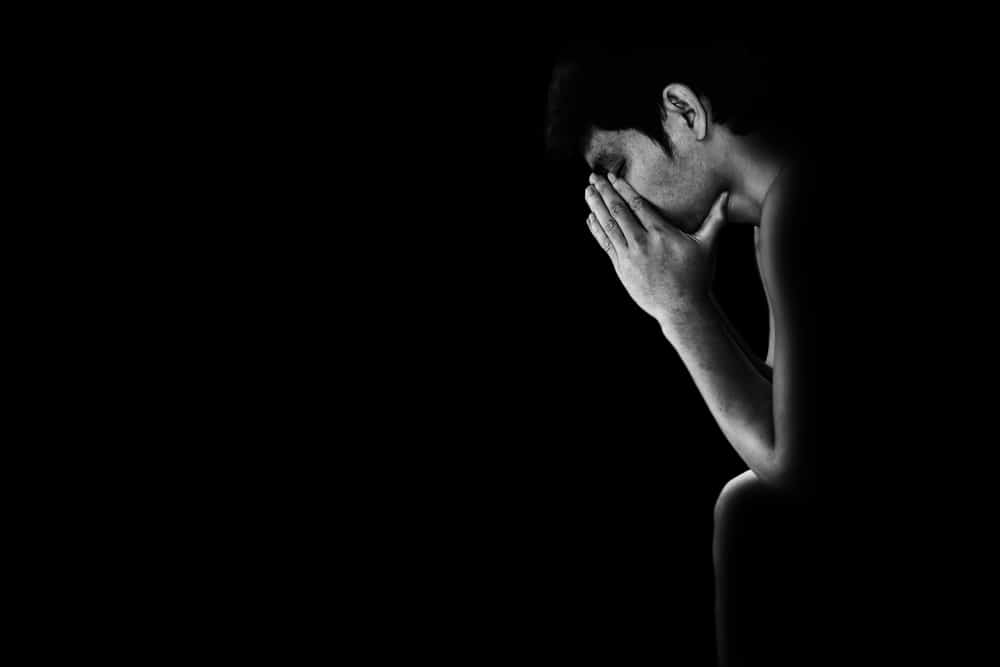Having a baby can be one of the most stressful times in our lives. We experience disruptions in sleep and changes in routines, self-care and personal time are redefined, and our identity and day-to-day lives completely shift to support a new human being. During this time of change, new parents experience an incredible amount of pressure to rapidly adjust to their new reality which can lead to stress, low mood, anxiety, and conflict, among other challenges.
The mental health field continues to recognize, research, and treat pregnancy and postpartum mood and anxiety disorders in mothers, but less emphasis has been placed on supporting the mental health of fathers. The reality is that many new fathers struggle with adjustment to parenthood and experience low mood, depression, irritability, emotional withdrawal, and interpersonal conflict. Researchers have defined this constellation of symptoms as paternal postnatal depression (PPND).
What is paternal postnatal depression (PPND)?
PPND is a serious but treatable mental health condition. PPND is a form of a depression in fathers that begins during their partner’s pregnancy or after the arrival of a new baby and, if untreated, can last up to 5 years following birth. PPND looks different between individuals; this being said, it typically encompasses some or all of the following symptoms:
- Sadness, irritability, agitation, and/or anger
- Feelings of worthlessness or loss of control
- Loss of interest in sex or activities that used to be enjoyable
- Engagement in risky behaviors such as abusing alcohol or drugs, gambling, or extramarital affairs
- Shortness of breath
- Heart palpitations
- Somatic complaints such as back pain, increased headaches, and sleep disturbances
PPND symptoms do not always occur immediately after the baby is born. For many men who are diagnosed with PPND, their feelings of depression and worry tend to peak when the baby is around 3-6 months in age (Paulson & Bazemore, 2010). PPND is common among men and certain factors can put you at greater risk for developing PPND.
How common is PPND and what are the risk factors?
PPND is a common condition among men after the birth of a child. Research suggest that 10-25% of new fathers experience PPND (Kim & Swain, 2007). However, due to the lack of supports available, many of these new fathers do not receive adequate help and support.
There are some risk factors that may make you more susceptible to PPND, such as a history of depression, anxiety, or mental illness in your family (Kim & Swain, 2007). Experiencing a traumatic birth of your child and becoming a first-time father may also put you at a higher risk for developing PPND. Feeling alone or isolated can increase the chances of mental health concerns after a child is born. If you notice you are feeling more anxious and hopeless as time goes on, that does not mean you are a bad father. It means you may need some additional support.
When to seek professional support?
It is normal to at times feel overwhelmed, down or anxious as a new parent. However, if you are troubled by persistent and painful emotions that do not resolve for weeks and months after the birth of a baby, and they are a causing significant distress in your life, it is time to seek help. Left untreated, PPND can have serious negative impact on your personal and family life. If you are not sure if you are experiencing PPND but feel like you are struggling, it is a good idea to seek support. Psychotherapy has been proven by research to be an effective treatment for depression. Research conducted by O’Brien and his colleagues (2016) have shown that therapy is one of the most effective way of addressing anxiety and depression after becoming a father. Therapy can help you to feel more in control and learn how to deal with your distress. Medication and support groups for new fathers can also be beneficial in the treatment of PPND.
The most important thing to know is that you do not have to go through this alone and you can get better! If you or a loved one is in need of support, reach out to a trusted mental health professional. Doing so is a key step towards greater enjoyment of parenthood and recovery from these troubling, and often misunderstood, symptoms.
References
Kim, P. & Swain, J. E. (2007). Sad dads: Paternal postpartum depression. Psychiatry (Edgmont), 4(2), pp. 35-47.
O’Brien, A. P., McNeil, K. A., Fletcher, R., Conrad, A., Wilson, A. J., Jones, D., & Chan, S. W. (2016) New fathers’ perinatal depression and anxiety – Treatment options: An integrative review. American Journal of Men’s Health 11(4), pp. 863-876.
Paulson, J. F. & Bazemore, S. D. (2010). Prenatal and postpartum depression in fathers and its association with maternal depression: A meta-analysis. The Journal of the American Medical Association, 303(19), 1961-1969.


